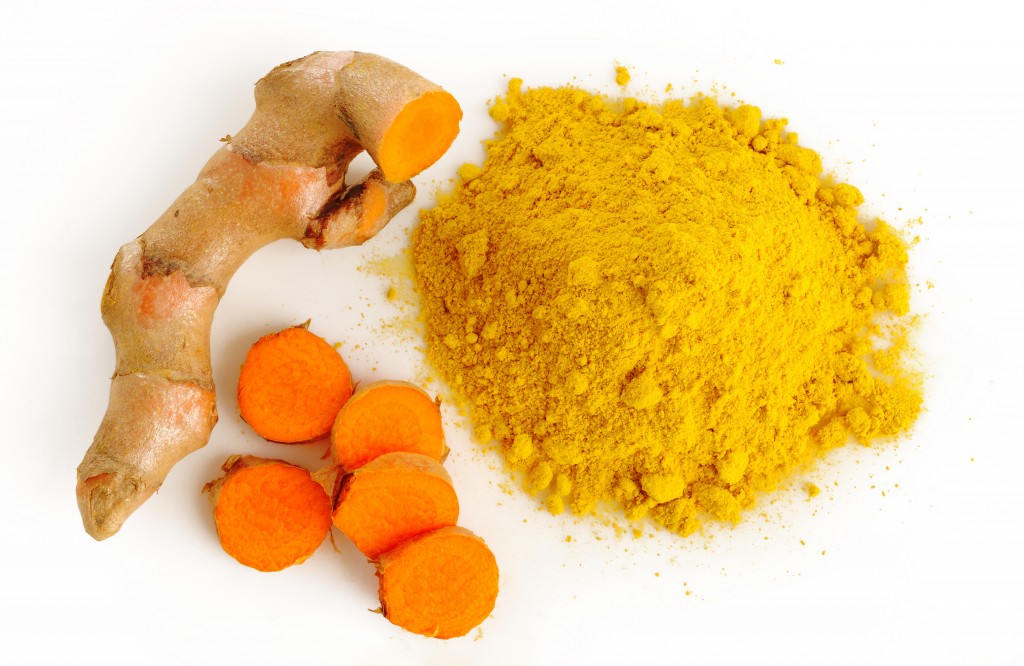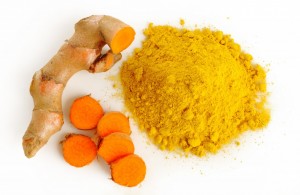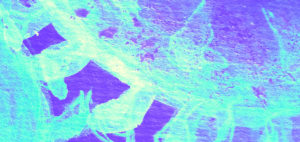Allergy Cure: Everyone Around Me Is Sniffling And Sneezing Their Head Off; I Feel Great

“Turmeric reduces inflammatory response” is the claim that I’ve heard from around the interwebs. I’m not sure what inflammatory response is or how turmeric reduces it, but I’m pretty sure it works. A couple of anecdotal stories to demonstrate my case. I’ve been taking vitamin C and increasing my water intake, the result of which is something I can only describe as an inflammatory response—feeling stuffy with a pressure headache. Now, I’m perfectly healthy in every respect, so this was curious. Perhaps I was too healthy? I used turmeric and this inflammation appeared to decrease.
 Also, last year, I started getting allergy symptoms like the dreaded plague, which is evidently normal for people living in Austin for three years. This year, however, I started eating local honey and once I sensed the slightest oncoming allergy symptoms, I popped some turmeric. Now, everyone around me is sniffling and sneezing the ever-loving heads off but I’m dry as a bone. Was it the honey? Was it the turmeric? I don’t know—this is anecdotal not scientific, but there’s a good chance the combination is helping me feel fantastic.
Also, last year, I started getting allergy symptoms like the dreaded plague, which is evidently normal for people living in Austin for three years. This year, however, I started eating local honey and once I sensed the slightest oncoming allergy symptoms, I popped some turmeric. Now, everyone around me is sniffling and sneezing the ever-loving heads off but I’m dry as a bone. Was it the honey? Was it the turmeric? I don’t know—this is anecdotal not scientific, but there’s a good chance the combination is helping me feel fantastic.
I don’t like pharmaceutics or their confounded side effects, so if I’m going to address symptoms it’s going to be natural. Turmeric may be the quintessential natural solution for especially the inflammatory response.
From WebMD:
Turmeric is a plant. You probably know turmeric as the main spice in curry. It has a warm, bitter taste and is frequently used to flavor or color curry powders, mustards, butters, and cheeses. But the root of turmeric is also used widely to make medicine.
Turmeric is used for arthritis, heartburn (dyspepsia), stomach pain, diarrhea, intestinal gas, stomach bloating, loss of appetite, jaundice, liver problems and gallbladder disorders.
It is also used for headaches, bronchitis, colds, lung infections, fibromyalgia, leprosy, fever, menstrual problems, and cancer. Other uses include depression, Alzheimer’s disease, water retention, worms, and kidney problems.
Some people apply turmeric to the skin for pain, ringworm, bruising, leech bites, eye infections, inflammatory skin conditions, soreness inside of the mouth, and infected wounds.
In food and manufacturing, the essential oil of turmeric is used in perfumes, and its resin is used as a flavor and color component in foods.
Don’t confuse turmeric with Javanese turmeric root (Curcuma zedoaria).
How does it work?
The chemicals in turmeric might decrease swelling (inflammation).
Notice the blatant lack of information in the how does it work section.
We’ve since learned more. Studies (1,2) are showing that turmeric (curcumin) reduces the macrophage and cytokine response or over-response to pathogens:
Curcumin treatment also significantly reduced macrophage infiltration of white adipose tissue, increased adipose tissue adiponectin production, and decreased hepatic nuclear factor-κB activity, hepatomegaly, and markers of hepatic inflammation.
Do you have allergies? Care to try turmeric and tell us how you respond? We’d love to hear from you.







